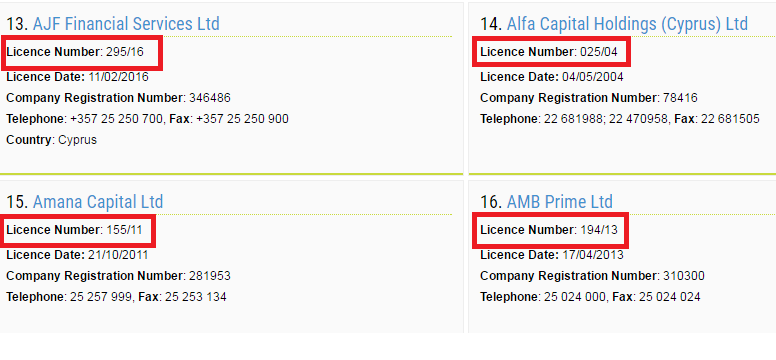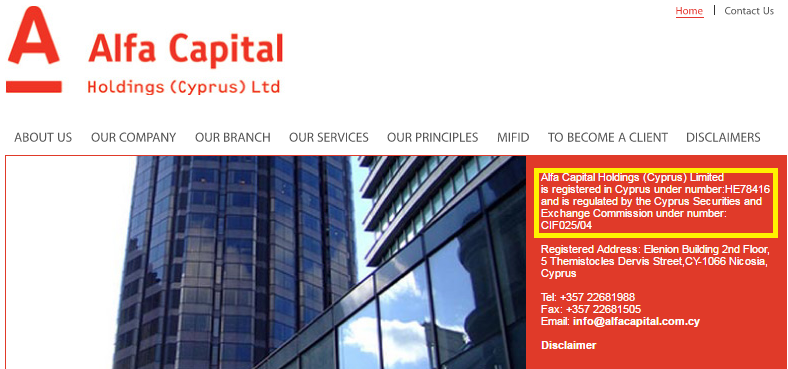Popular Forex Scams and How to Avoid Them
Wherever money is found, you are sure to find criminals. With more than $5trillion passing through the forex market everyday, it is hardly surprising that there are elaborate forex scams being perpetrated daily. It is therefore your responsibility to make sure your money does not fall into the hands of those who perpetrate these scams. So what are the scams commonly seen in forex and how can you avoid them? Here they are.
Forex Bonus Scams
When bonuses were introduced by retail forex brokers, they were a noble idea. The would-be forex trader, usually a newbie, is given a cash injection into the account to be used strictly for trading, as a way of bolstering the capital when a deposit was made. The broker would profit from increased spreads, as a result of the trader’s ability to take on larger trade volumes. This was supposed to be a symbiosis which would favour both parties.
However, some unscrupulous brokers began to use the bonus awards for nefarious purposes. They introduced volume requirements, requiring traders to generate between 30 times to 100 times the bonus amount in trade volume. In other words, if a trader was granted a bonus of $500, then the trade volume generated to qualify the trader for a withdrawal would have to be at least $15,000 in trade volume. It would require at least 200 trades to achieve this. The question is; how long would it take a $1000 account with a $500 bonus to achieve this without subjecting the account to overtrading, overexposure and hefty drawdowns?
Most of the brokers who do this know that it is more likely that new traders will completely blow their accounts trying to hit the volume requirements. Most retail brokers are counterparties to the trades they make, so they make money when the traders lose money. Some regulators such as the FFAJ in Japan and CySEC in Cyprus have now responded to this by banning the issuance of bonuses by brokers that they regulate.
How to Avoid this Scam: Do not accept any bonuses on your deposits. That way, you are free to withdraw your money when you like.
Fake Regulatory Status
It is becoming common practice among rogue brokers to claim to be licensed when they actually are not regulated or licensed. You see statements such as “we are regulated by the top European regulators”, or “MiFID regulated”. But try to find out exactly which of the top European regulators have licensed these brokers and you will hit a brick wall. Some of these scam brokers actually engage local agents in countries where there is regulation, and list the address on their website to confuse newbies. Anyone who does not dig deeper will see a listed office in a country where forex is regulated, and think that the brokerage actually has a brokerage license to offer forex products. Many have fallen for these regulatory claim scams and lost their money for good.
How to Avoid This Scam: There are several ways to do this. You can go to the website of the regulator and do a name search of the brokerage on the regulator’s site. This not only shows the names of brokers licensed to do business in a regulated jurisdiction, it also indicates the standing of the brokerage. A broker could either be in good standing, or have a suspended license, or a complete withdrawn license.
In the US and Cyprus, brokers are required to list their license numbers as well as company status on their home page. For instance, US brokers are expected to be members of the National Futures Association (NFA) and be licensed/regulated by the CFTC. In Cyprus, the company is expected to be a Cypriot Investment Firm (CIF) as well as have a license number written in the format number/last two digits of year of licensing. Here we present an example to showcase what we mean.

Alfa Capital Holdings Ltd is found in the list of regulated entities on the CySEC website. The license number and other details of this broker are listed there. One the home page of this broker itself, the licensing information is also clearly displayed.

Therefore, there can be no ambiguity in the fact that Alfa Capital Holdings Ltd is a regulated broker in Cyprus. Forex scam brokers do not have their licensing information on their websites, and no record of them can be found on the regulators’ websites.
Forex Robot Scams
Perhaps there is no greater scam in the forex market than the forex robot scams. There are good forex robots out there; no question about that. But for each authentic forex robot, there are probably a hundred scam robots. The vendors of these forex robots usually post returns that are simply out of this world. The sales pages usually go a step further to get paid reviews from “actors” who back up the claims of the forex robot salesmen. Many of these have been exposed after all the damage has been done, and more are still being exposed daily.
How to Avoid this Scam: The best forex robot you can use is one you have coded yourself, or one that a programmer has done for you based on your own strategy. The next best forex robot is one which you have evaluated on a trial basis and found to have a profitable strategy which mirrors the claims of the sales vendor.
There are many other forex scams out there. Read more about them and defend yourself and your forex money.






Fantastic article! Great tips on how to avoid scam Brokers. I completely agree with this statement: “Do not accept any bonuses on your deposits. That way, you are free to withdraw your money when you like.” Many newcomers don’t realize, bonuses are like “free lunches.”
Again, great tips!